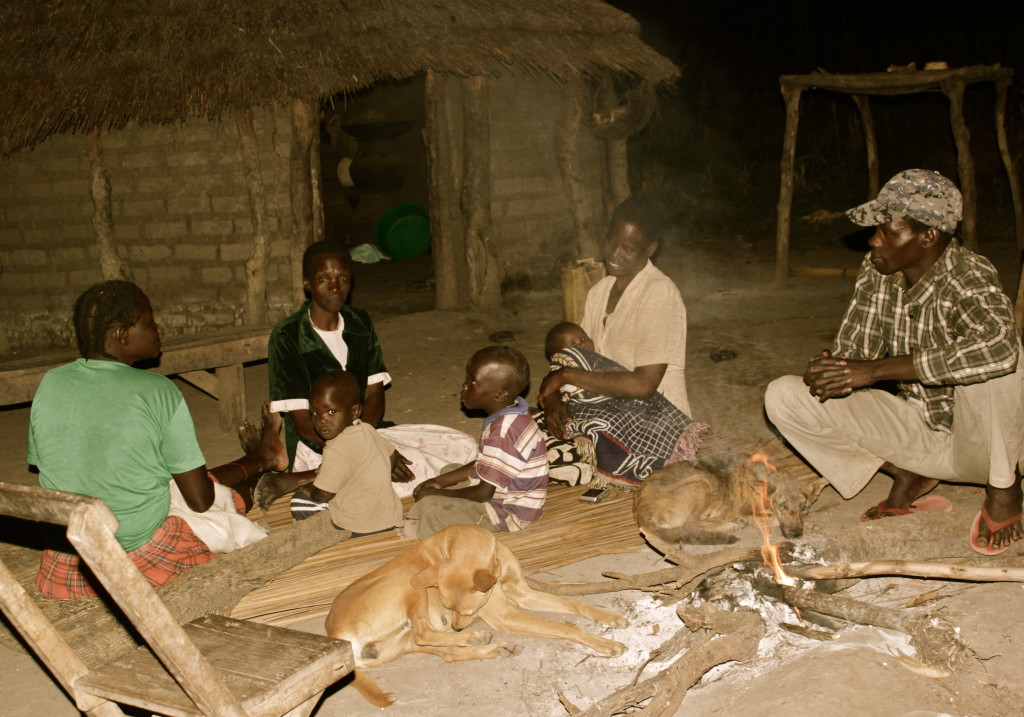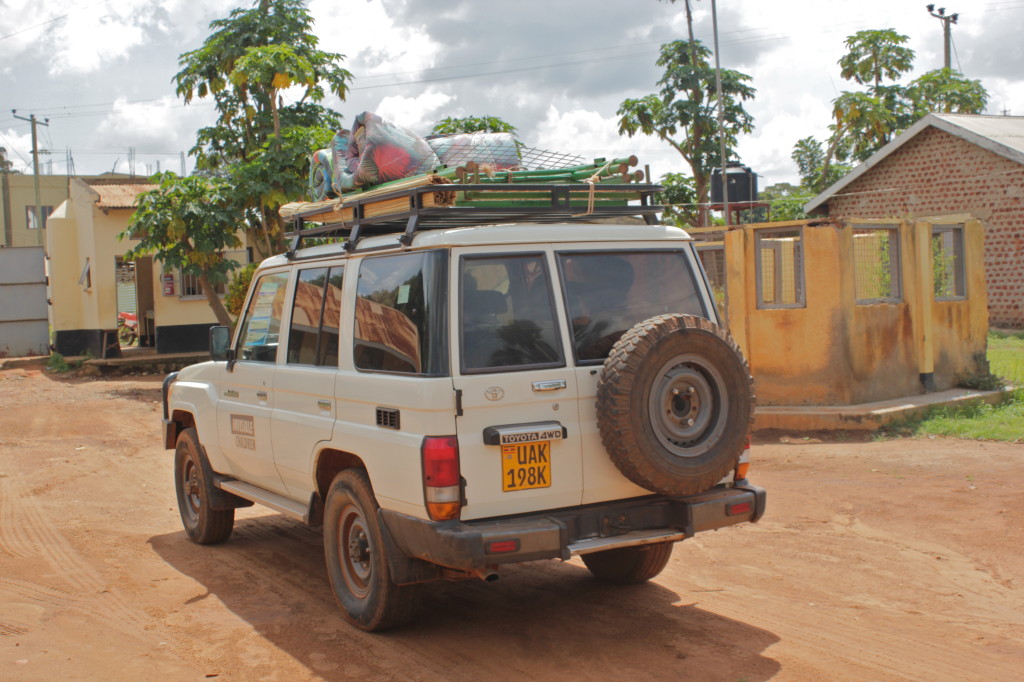A number of individuals who recently escaped from the Lord’s Resistance Army are attending counseling sessions at the Children of War Rehabilitation Center, funded by Invisible Children, in Gulu, Uganda. Oroma Christine, the main counselor at the center, has opted for a break in their therapy, deciding that each of the returnees should head back to their homes for a visit with their families.
“We want them to think about what they want to do in the future,” she said, whether it is joining the UPDF, attending vocational courses, going back to school, farming or any number of things.
During intake at the rehabilitation center, each individual is interviewed by the staff about his experience while in captivity. This starts from the beginning – what happened when he was abducted – and concludes with recent developments – how and why he decided to defect. Along with these interviews and other individual counseling sessions, the men participate in group counseling, art therapy and other trainings.

Christine (second from right) is the counselor at the World Vision Children of War Rehabilitation Center. Here she meets with a returnee and his family for a follow-up visit.
“Just last week, we had a group support session from the police. [The returnees] need to know the basic laws that they need to abide by in Uganda. The “do’s and don’ts” of society,” she said.
Christine admits that she is still facing challenges getting these returnees to openly share about their experiences. But, she says it’s not surprising after years, even decades, of indoctrination and trauma at the hands of Joseph Kony’s rebel army.
She encouraged them to explain their life experiences through an activity called “Flowers and Stones.” The returnees make a timeline of their lives, marking the good things with “flowers” and the bad aspects with “stones” in order to better articulate their pasts.
Christine also is sure to consider the past experiences of the returnees and how they can explain the way an individual feels. One specific example she points to is a returnee who is proving to be a bit of a difficult case.

One of Invisible Children’s cars departs the World Vision Center en route to the homes of recent returnees.
“His experience before abduction was also challenging. His father is an alcoholic and he does not have a mother,” she said. “Since his background is not a good one, it might give clues to some of his behaviors.”
While training and indoctrination in captivity shapes bad behaviors, she explains, counselors at the rehabilitation center and support staff from Invisible Children need to be sure to look back to where the individual came from.
“Someone who was not polite will come back that way. Someone who was not well behaved will come back that way as well,” Jacob Okello, Invisible Children’s family-tracing assistant said. “As much a these abductions have caused havoc in the minds of these children, it’s just a contributing factor. A big factor, but still just one of many.”
Think people should hear about this?